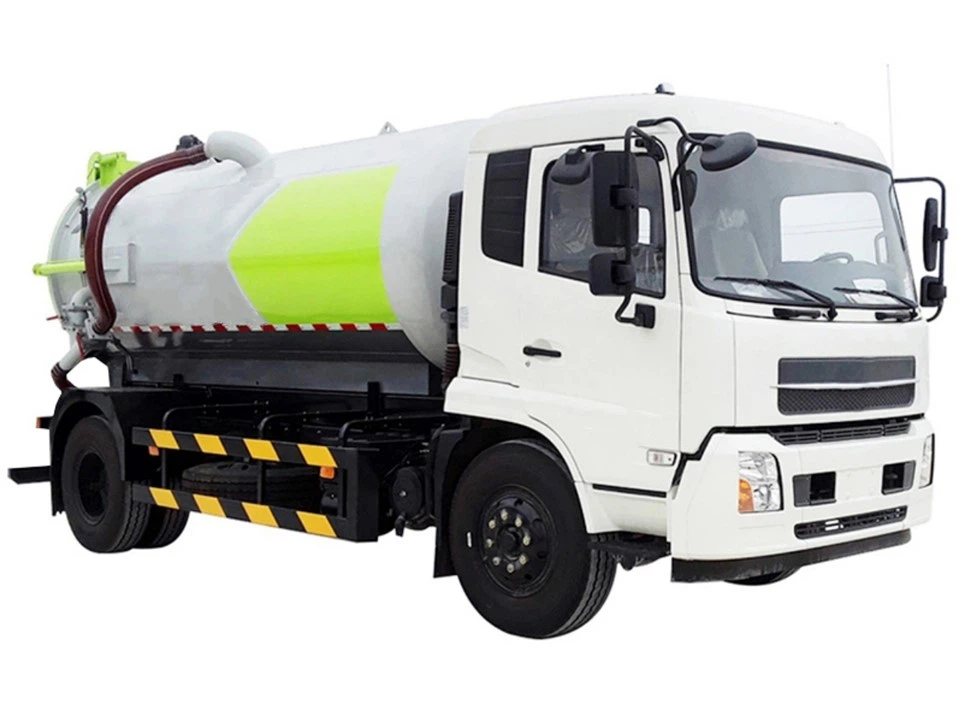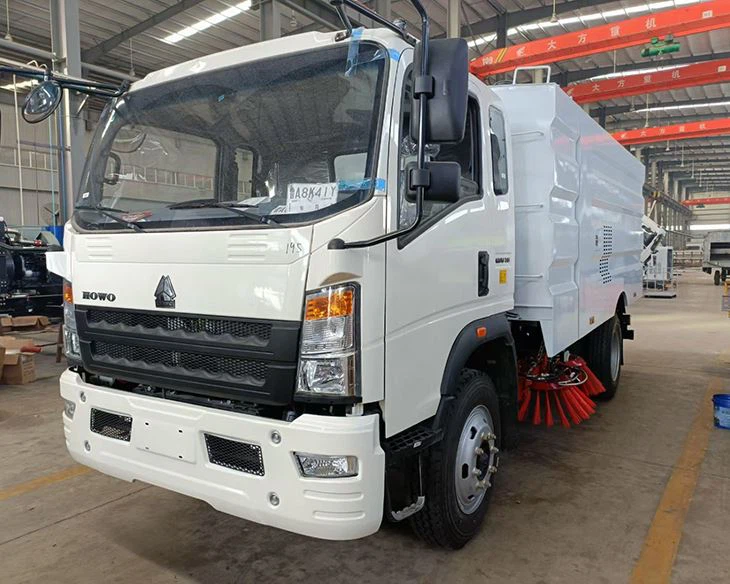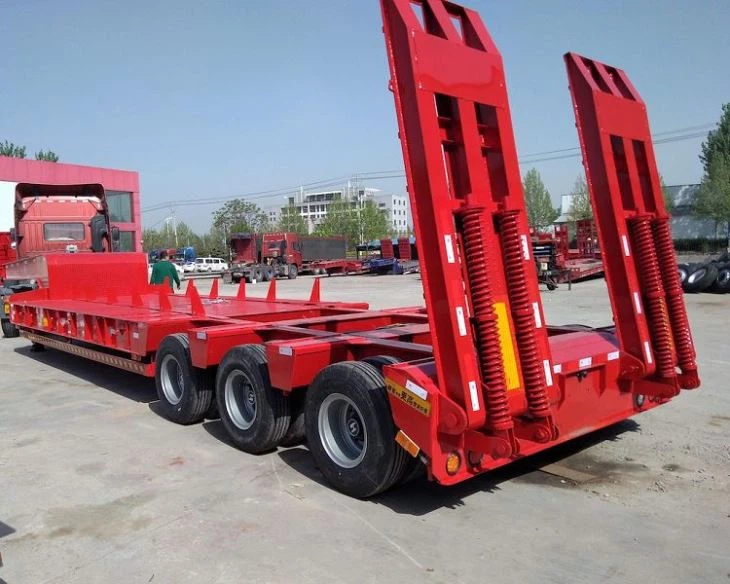Vacuum Truck for Sale: The Ultimate Guide to Buying and Using Vacuum Trucks

If you are in the market for a vacuum truck, you’re likely aware of the essential role these vehicles play in various industries. Vacuum trucks are specialized vehicles equipped with powerful suction systems that are designed to remove liquids, sludge, and other waste materials from various settings. This comprehensive guide will explore everything you need to know about vacuum trucks for sale, including their types, purpose, features, benefits, and what to consider before making a purchase.
Understanding Vacuum Trucks
What is a Vacuum Truck?
A vacuum truck is a vehicle used for hauling and disposing of various waste materials. These trucks feature large tanks and high-powered vacuum systems, allowing them to suck up liquids and sludge from different locations, such as construction sites, industrial areas, and municipal facilities.
Types of Vacuum Trucks
There are several types of vacuum trucks, each designed for specific tasks. Here are the most common types:
- Liquid Waste Vacuum Trucks: Designed to handle liquids, these trucks are perfect for septic tank cleaning and industrial liquid waste removal.
- Suction Excavators: These vacuum trucks are used for safely excavating soil and removing debris while minimizing damage to underground utilities.
- Industrial Vacuum Trucks: Equipped with more robust suction systems, these trucks are perfect for heavy-duty industrial applications.
- High-Volume Vacuum Trucks: These models are capable of handling larger volumes of liquid and sludge, making them ideal for municipal and industrial cleaning.
Reasons to Buy a Vacuum Truck
The Importance of Vacuum Trucks
Vacuum trucks play a vital role in maintaining cleanliness and preventing environmental hazards. Here are a few reasons why investing in a vacuum truck might be necessary:
- Environmental Compliance: These trucks help businesses comply with environmental regulations by safely disposing of hazardous materials.
- Efficiency: Vacuum trucks make waste removal efficient and cost-effective, saving time and resources for businesses and municipalities.
- Versatility: Vacuum trucks can be adapted for various tasks, from cleaning catch basins to servicing grease traps.
Cost Considerations
Buying a vacuum truck represents a significant investment, so it’s crucial to consider your budget. Factors influencing the cost include:
| Factor | Impact on Cost |
|---|---|
| Type of Vacuum Truck | Different types have varying price ranges. |
| Size of Tank | More extensive, higher-capacity tanks cost more. |
| New vs. Used | Used trucks can significantly reduce costs. |
| Additional Equipment | Specialized features can add to the price. |
Where to Find Vacuum Trucks for Sale
Online Marketplaces
One of the best places to find vacuum trucks for sale is online marketplaces. Websites like eBay, Craigslist, and specialized equipment sales sites offer extensive listings. Be sure to check the seller’s reputation and read reviews before making a purchase.
Local Dealerships
Local dealerships often have new and used vacuum trucks. Visiting dealerships allows you to inspect the trucks in person and speak with knowledgeable staff about features and financing options.
Auctions and Liquidations

Equipment auctions and liquidation sales can be a great way to find a vacuum truck at a lower price. However, ensure you have conducted proper research on the condition and operational history of the truck before bidding.
How to Choose the Right Vacuum Truck
Identify Your Needs
Determining your specific needs is the first step in choosing the right vacuum truck. Consider factors such as:
- The type of waste you’ll be handling.
- The frequency of use.
- The terrain and environments you’ll be working in.
Evaluate Key Specifications
When comparing vacuum trucks, focus on these critical specifications:
- Tank Capacity: Ensure the capacity aligns with your waste removal needs.
- Vacuum Power: Look for a truck with sufficient suction power to handle your requirements.
- Build Quality: Check for durable materials and construction, especially for industrial-grade trucks.

Consider the Manufacturer
Brands known for quality vacuum trucks include:
- Kenworth
- Peterbilt
- Freightliner
- International
Financing Your Vacuum Truck Purchase
Understanding Financing Options
There are several financing options available for purchasing vacuum trucks:
- Loans: Many banks and credit unions offer loans specifically for purchasing equipment.
- Leasing: Leasing can be a more affordable option if you don’t want to make a large upfront investment.
- Vendor Financing: Some dealers offer financing directly through their business.
Budgeting for Ownership Costs
It’s vital to budget for ongoing costs associated with own a vacuum truck:
- Fuel Costs: These can add up, particularly for larger trucks.
- Maintenance and Repairs: Regular upkeep is necessary to ensure optimal performance.
- Insurance: Different coverage options are available depending on usage.
Using a Vacuum Truck Safely
Operational Best Practices
To ensure safe and effective operation of vacuum trucks, consider the following best practices:
- Always conduct pre-operation checks to assess the vehicle’s condition.
- Follow all operational guidelines specific to the model being used.
- Ensure all operators are well-trained and familiar with the equipment.
Handling Hazardous Waste
When dealing with hazardous materials, extra precautions are necessary:
- Use appropriate PPE (Personal Protective Equipment).
- Ensure that the truck is equipped with necessary safety features.
- Follow local regulations regarding the disposal of hazardous materials.
Maintenance Tips for Vacuum Trucks
Regular Maintenance Checks
Regular maintenance is essential for the longevity of your vacuum truck. Here are some maintenance tips:
- Inspect the vacuum system regularly for wear and tear.
- Change the oil and filters according to manufacturer recommendations.
- Check hoses and seals for leaks and ensure they are in good condition.
Record Keeping
Keep detailed records of all maintenance and service activities. This not only helps in scheduling future maintenance but also increases the truck’s resale value.
Frequently Asked Questions (FAQ)
1. How much does a vacuum truck cost?
The cost of a vacuum truck varies widely based on its type, size, and condition. Expect prices to range from $20,000 for used models to over $200,000 for new, high-capacity trucks.
2. What are the common uses for vacuum trucks?

Common uses include septic tank cleaning, industrial waste removal, storm drain cleaning, and excavation of soil around utilities.
3. Are vacuum trucks easy to operate?
While operating a vacuum truck requires training and understanding of safety protocols, many modern trucks have user-friendly controls making them easier to operate.
4. Can I rent a vacuum truck instead of buying one?
Yes, many construction and equipment rental companies offer vacuum trucks for rent, which can be a cost-effective option for short-term needs.
5. What type of maintenance do vacuum trucks need?
Routine maintenance includes checking fluid levels, inspecting hoses and seals, changing oil and filters, and ensuring that the suction system is functioning correctly.
6. How do I ensure I buy a quality used vacuum truck?
Before purchasing a used vacuum truck, inspect it thoroughly, check its maintenance history, and consider having it evaluated by a qualified mechanic.
